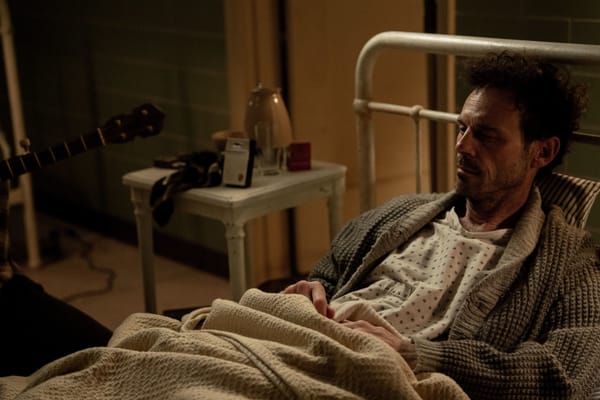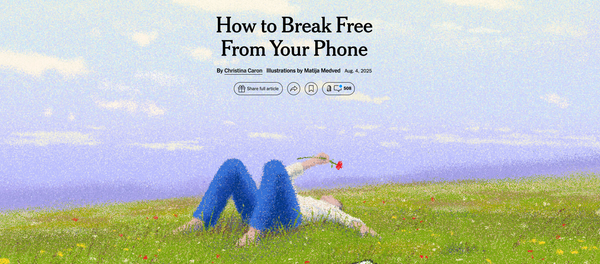Big Q1: How is the 'social operating system' changing?

A little more than twelve years ago, I was sitting in a conference room in Aspinwall Hall at Virginia Seminary.
Lisa Kimball, who had just hired me to be the new digital missioner in the Center for the Ministry of Teaching at Virginia Theological Seminary, was convening a group of leaders to plan the first eFormation Learning Exchange. The invitation-only gathering of formation leaders, communicators, and Christian techies proved incredibly fruitful. The following year, it became the eFormation Conference, an event I would then take over curating during what were probably the three most ministry-defining years in my life.
On that day in spring 2012, over a shaky Adobe Connect video link, a guy I had never met named John Roberto had the most assertive and thoughtful working theory about what the event should cover. He said something like,
The most important thing we can help participants understand is how social connectedness has changed. Faith formation leaders need to stop relying on the loyalty of groups who attend programs, and start building networks of learners connected to and supporting each other. If people's strategies continue to be about programs and groups, it won't matter how much they know about tech tools.
That insight was one of our guiding stars in the work of the CMT over the next several years, and in my own work for much of the time since.
But things are changing. When Princeton Seminary asked me to teach Digital Media Studies for Ministry last year, one of the questions I spent the most time on in preparation was about was getting my head around how.
If you've been following along with me, you already know part of my answer has been about the end of what I've been calling the "Networked" era, after the book of same name that described a reality on the social internet that was apt for a decade or more but doesn't seem to be any longer.
This week I want to ask a few big questions, and solicit yours. My first question borrows from the subtitle of Networked:
How has the social operating system changed?
I've gotten reasonably satisfying answers to the more technical side of this socio-technical question, especially via Casey Newton at Platformer. The Internet's center of gravity has shifted from social media (dense with genuine personal interactions among people we know and care about) to professionalized media "with a comments section."
On the more sociological end of things, I feel less certain. Obviously, there's a sense in which many of us answer this question by gesturing vaguely at the pandemic, and I think that is probably a big part of it. Anne Helen Peterson recently unpacked some of this in an essay called "The College Student Keeps The Score."
We've got a whole social order's worth of unprocessed grief and trauma, and its kinda coming out our ears. The piece really resonated with me, both in my own experience and especially as someone who's been teaching seminarians whose college and immediate post-college learning and ministry experiences were disrupted by the pandemic.
Maybe the way to put this little hypothesis would be, like, a sort of Zoom-fatigue-based pullback from online social connectedness that in many cases hasn't been replaced by as much IRL social connectedness as many of us would like.
Does that picture resonate with you? If not, how would you put it? Who have you been reading?
(We'll probably get to The Anxious Generation at some point, but I'll go ahead and say right now that I'm in the camp of social interpretation that thinks Jonathan Haidt's argument misses the mark in important ways, especially from this zoomed out perspective.)
Tomorrow: "Shutting Down the Sunday School," revisited.



